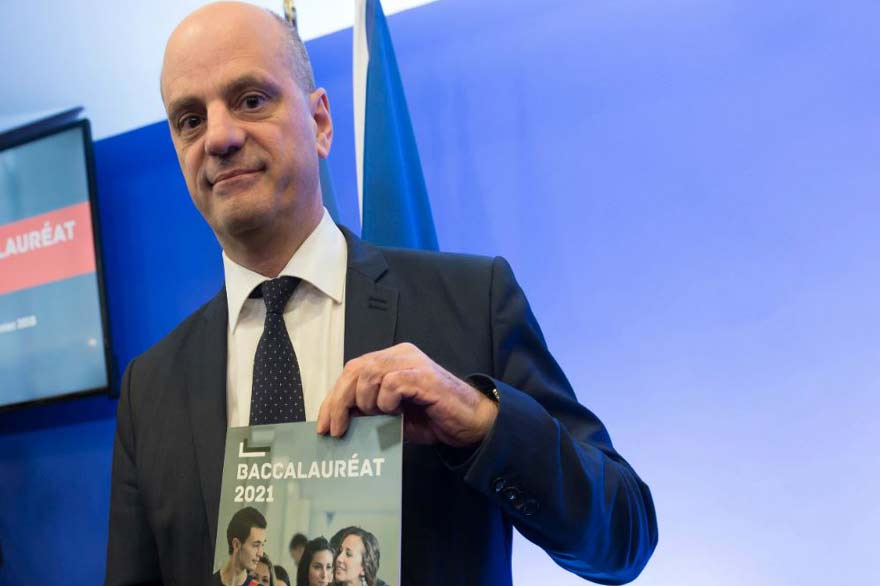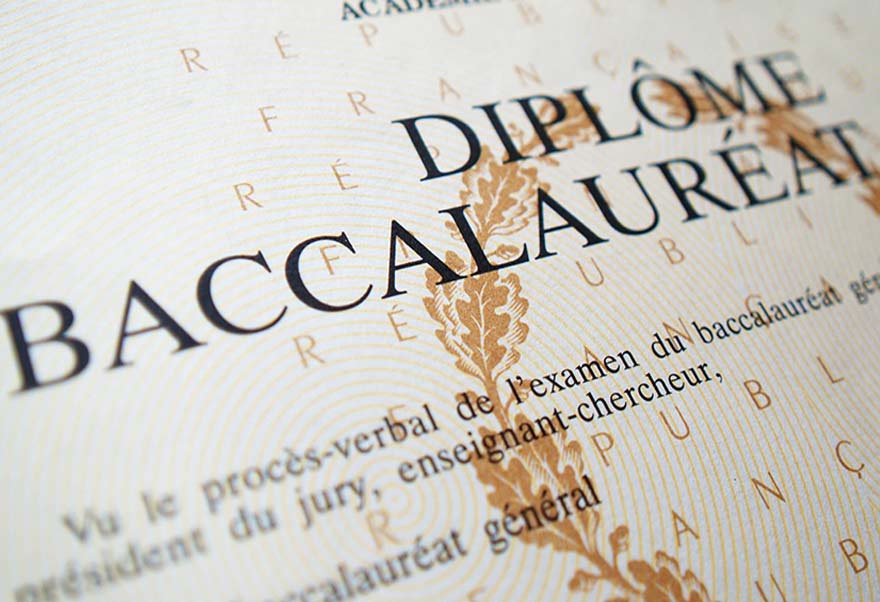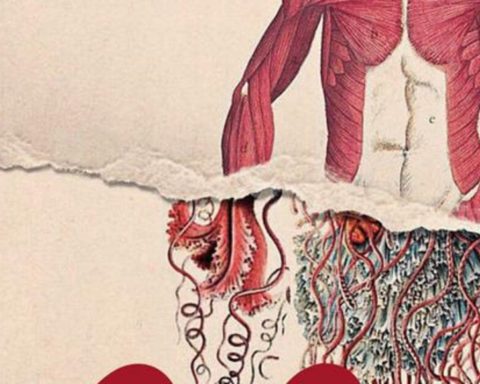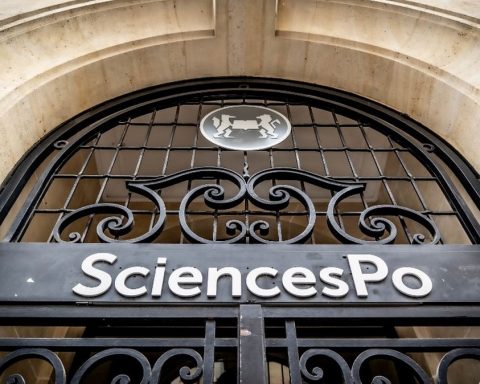READ ALSO IN UP' : Baccalaureate reform: an opportunity to develop digital education?
Four tests, the end of the S, L, ... series, a great oral, continuous assessment ...: the methods of the "remusculation" of the baccalaureate presented on Wednesday 14 February by the Minister of Education, Jean-Michel Blanquer, want to restore "meaning and usefulness" to the baccalaureate, "a springboard to success in higher education". So, in concrete terms, what are the benefits for students, given the thorny issue of social inequalities and the difficulties of implementing this reform?
Open forum
Ahe current reforms of the general high school and baccalaureate stream can be considered as the culmination of the reform of university cycles called LMD (Licence Master Doctorat) adopted in 2002. In terms of form, school reports will become semestrial as at university. During the continuous assessment, there will be two sessions of partials whose subjects will have to be drawn from a national bank. The papers will be corrected by teachers different from those who follow their students. The students who will return after the reform will be prepared at the rhythm of the courses that will await them in higher studies.
Reforms of the general stream and the baccalaureate will bring students to the highest level in 'speciality' subjects. They turn their backs on the teaching of as many general subjects as possible and are content with the average general level of pupils. With a foreseeable number of hours of teaching in the specialist subjects in 1ère and terminale, there is no doubt that the level of pupils will be raised. These are all assets that will enable pupils to embark on higher education while limiting the risk of failure.
This reform also changes the baccalaureate exams and the grading system attached to them. The expected benefits are manifold:
- With four final exams, students will no longer be able to play with coefficients and rely on the many 'small' subjects to make up for their 'bad' results in strong subjects. Pupils will be pulled upwards, their level will be improved;
- Continuous assessment will encourage students to work regularly, whereas the current baccalaureate allows students to work at the last minute while cramming. Teachers will regain legitimacy;
- The harmonization of marks organized in the Adhoc commissions allows today to raise marks and to pass students who clearly did not have the level. This distortion of grading will disappear.
Other benefits are also expected. Firstly, the current organization of the baccalaureate takes place over two weeks plus oral examinations which take place in high schools sometimes far from where the students live. This results in a loss of almost a month for students in their final year, but also for students in high schools that are examination centres. Afterwards, the new baccalaureate will probably take place over two or three days plus the oral exam.
These reforms, which concern students in the general stream, do a good job of bridging the gap with higher education by making them understand that regular work is the key to achieving the best results. All the actors involved have understood this: this reform is almost unanimously supported by the actors concerned, from teachers to professors, parents and even university presidents! Clearly, it inspires confidence more than it worries, which augurs well for its implementation.
But beyond the national stakes, this reform has the implicit ambition of repositioning French higher education in the best international rankings. Let there be no mistake, we are in political and economic competition with countries both near and far. The quality and attractiveness of education, and particularly higher education, contributes not only to building soft power but also to attracting the best talents: students, researchers and the investors that go with it. The attractiveness of higher education is becoming an issue in relations.
Christophe Rochelleformer professor, founder directed study
Login
0 Comments
Inline Feedbacks
View all comments












